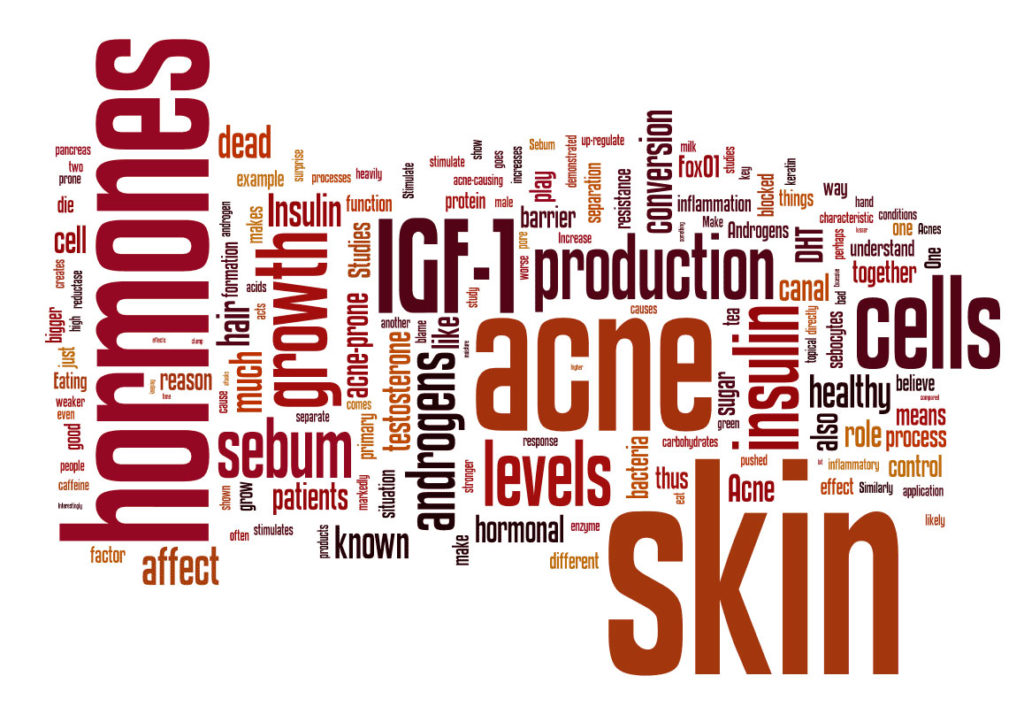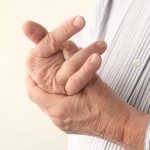Nigel Latta did an excellent expose on sugar a few years ago on New Zealand TV 1. He looks at the effect our ever-increasing sugar consumption is having on our health. His overarching question was “Is sugar the new fat?”.
The low-fat era began in the 70’s and 80’s. It was believed that fat was the main culprit in obesity and obesity-related diseases, subsequently, food manufacturers began producing low-fat products by the hundreds. However, these products didn’t rate all that highly on the yumminess factor, hence they had to figure out a way of making them more palatable so that consumers would buy them……. enter the white stuff. Sugar is a very cheap ingredient, which made the profit margins look good and it added great flavour to products. Consequently, they began to add it to more and more foodstuffs and our consumption of it has been increasing ever since, often unknowingly, as it is hidden in many products we wouldn’t expect to find it in.
The World Health Organisation recommends that adult males consume no more than 9 teaspoons of sugar per day, adult females no more than 6 teaspoons per day and children no more than 4 teaspoons per day. According to Nigel Latta’s sources, the average Kiwi adult is consuming up to 50 kg of sugar per year; that is the equivalent of 32 teaspoons of sugar per day, which is pretty mind-blowing really.
Our parents and grandparents would have consumed much less, largely because they ate so few processed foods, and sugar would have been considered a treat. Soft drinks hardly featured in their diets and they appear to be the biggest contributors to our rather frighteningly high sugar consumption. Fruit juice can contain as much sugar as soft drinks. Once the fruit has been juiced and all the fibre removed, all that’s left is sugar, many of the vitamins have been destroyed by the manufacturing process. Fibre slows down the release of sugar into our bloodstream, preventing rapid blood sugar increases that can be challenging for the body to cope with, especially for those with diabetes. Any food that contains more than 15% sugar is considered high sugar, it’s important to read food labels so that we are aware of the sugar content of the food and can then swap it for something with less sugar. Many breakfast cereals contain far too much sugar, try swapping them for oats with blueberries and a little good quality honey. Oats are not only lower in sugar, but cheaper too.
An article published in the New Zealand Medical Journal noted that high consumption of sugar is linked to obesity, type 2 diabetes and heart disease. The current prediction is that 1 in 3 people will be obese by 2034 if we don’t reduce our sugar consumption. So, let’s have a go at cutting down on the white stuff and replacing those fizzes with water, herbal tea, kombucha or milk (plant-based if you avoid dairy).

Nutritionist and Health Coach
Member of the Nutrition Society of New Zealand
Learn more about Paula: http://www.drkathleen.co.nz/team/paula/
References:
1. Nigel Latta TV1 https://www.youtube.com/watch?v=VEhGBfbu2wA
2. WHO calls on countries to reduce sugars intake among adults and children https://www.who.int/news/item/04-03-2015-who-calls-on-countries-to-reduce-sugars-intake-among-adults-and-children
3. Added sugar consumption in New Zealand https://www.sugarnutritionresource.org/news-articles/added-sugar-consumption-in-new-zealand
4. Sugar – how to cut down https://www.healthnavigator.org.nz/healthy-living/s/sugar-how-to-cut-down/ 5. The truth about sugar https://www.heartfoundation.org.nz/wellbeing/healthy-eating/nutrition-facts/the-truth-about-sugar




